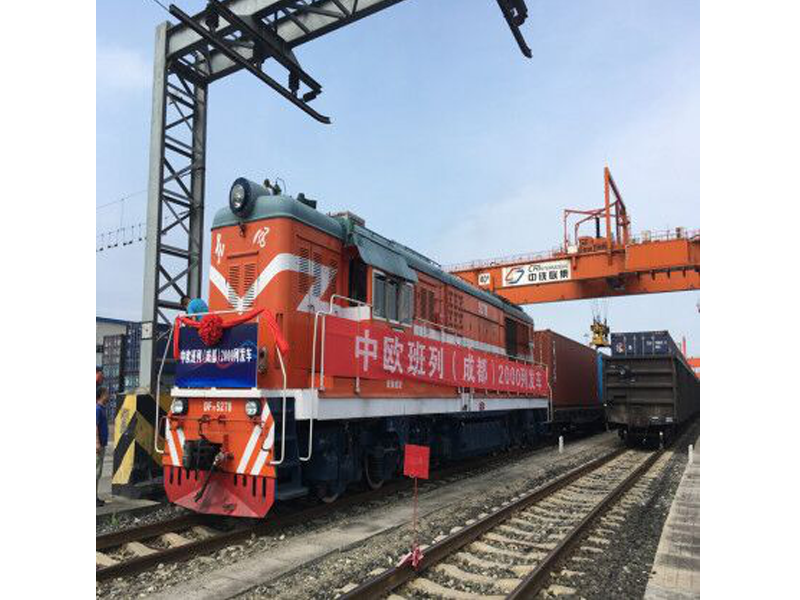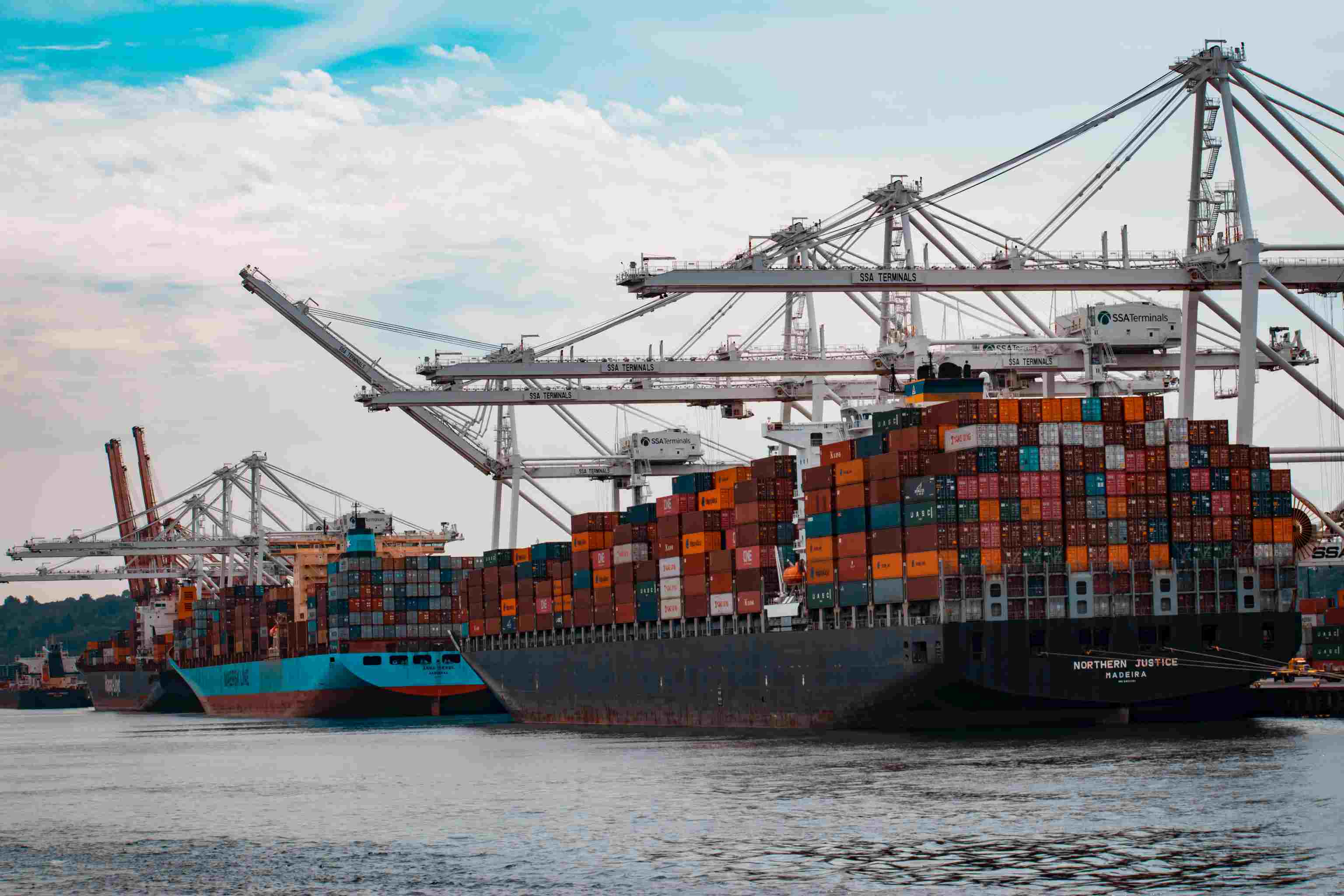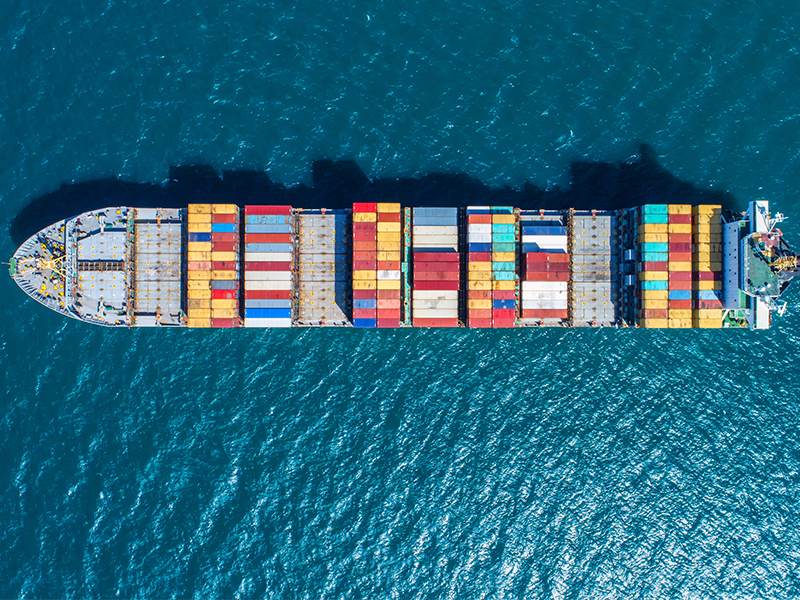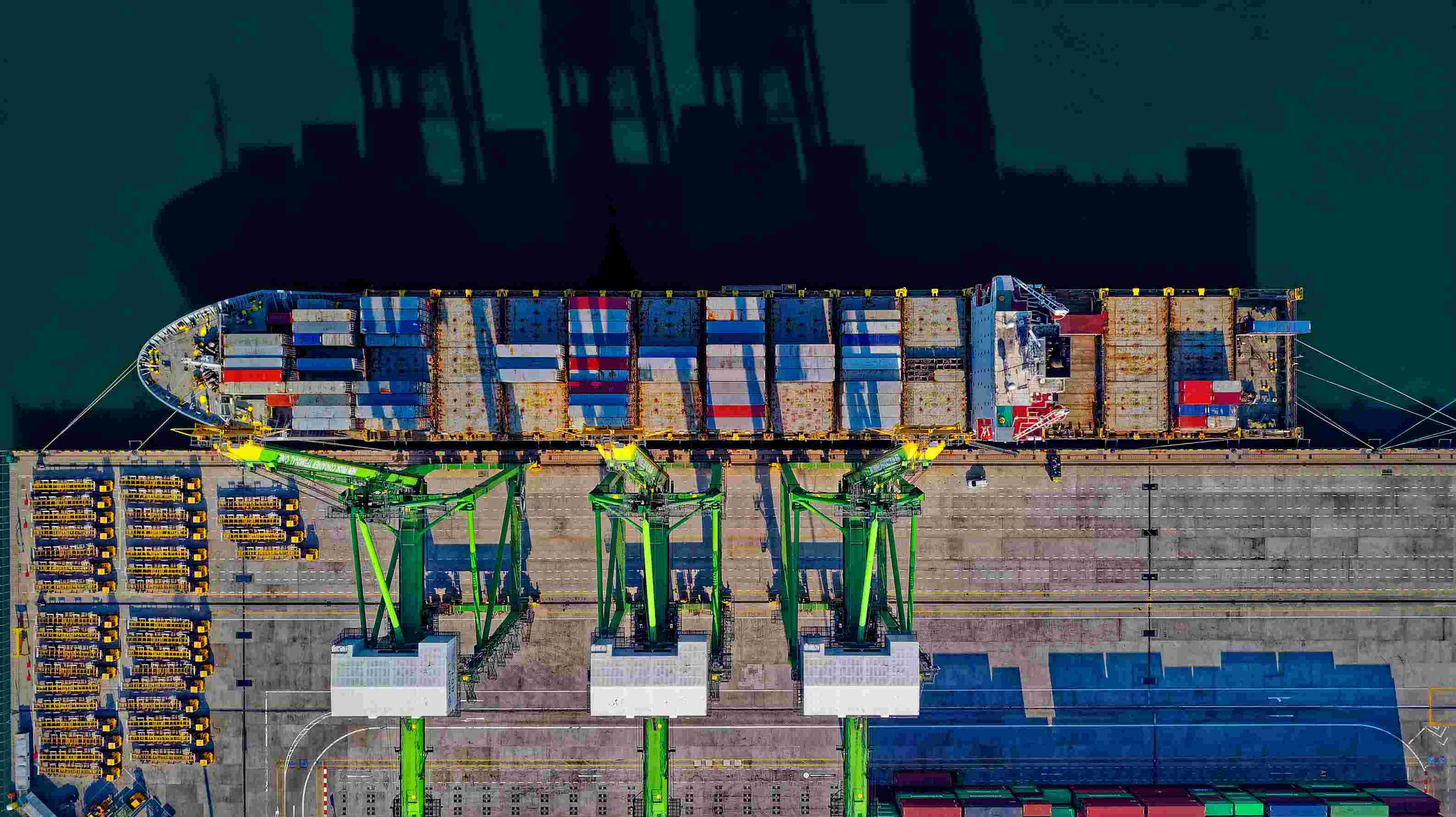China Freight Shipping: Types, Considerations, and Challenges
Introduction to China Freight Shipping
China's prominence in global trade cannot be overstated. It's the world's largest exporter and a pivotal player in various industries, from electronics to textiles. The transportation of goods from China to international markets hinges largely on the efficiency of its freight shipping networks. Understanding the fundamentals of China freight shipping is essential for businesses engaged in import and export activities.The freight shipping industry in China encompasses a vast array of logistics services, ranging from ocean freight to air cargo. Each mode of shipping caters to different types of goods, timelines, and cost considerations, reflecting the diverse needs of businesses across sectors.
Types of China Freight Shipping
Ocean Freight
Ocean freight is the backbone of China's export economy, accounting for the bulk of goods transported globally. Two primary methods of ocean freight prevail:Container Shipping: This method involves loading standardized containers onto cargo ships, offering security, efficiency, and versatility in transporting various types of goods.
Bulk Shipping: Bulk carriers transport unpackaged cargo, such as grains or minerals, in large quantities, ideal for commodities that are not containerized.
Air Freight
For time-sensitive shipments, air freight provides expedited delivery options through express services or cargo airlines.Express Services
Courier companies like DHL, FedEx, and UPS offer express shipping from China to global destinations, catering to urgent delivery needs.Cargo Airlines
Major airlines and dedicated cargo carriers operate freight services connecting China's airports with the world, facilitating rapid transportation of goods.
Key Considerations in China Freight Shipping
Efficient China freight shipping relies on several crucial factors that impact logistics and operational effectiveness.Shipping Routes and Ports
China boasts a comprehensive network of ports, strategically located along its coastline and major rivers.Port Infrastructure: Ports like Shanghai, Shenzhen, and Ningbo-Zhoushan have world-class facilities, equipped to handle diverse cargo types efficiently.
Strategic Locations: Proximity to manufacturing centers and access to international shipping routes contribute to the attractiveness of Chinese ports.
Customs and Regulations
Navigating customs procedures and adhering to trade regulations is paramount in China freight shipping.Import/Export Procedures: Understanding documentation requirements and clearance processes is essential to avoid delays and compliance issues.
Tariffs and Duties: Import duties and tariffs can significantly impact the cost of shipping, influencing trade decisions and pricing strategies.
Challenges in China Freight Shipping
Despite its efficiency, China freight shipping faces several challenges that impact the reliability and cost-effectiveness of logistics operations.Logistics Efficiency
Managing complex supply chains and optimizing last-mile delivery are ongoing challenges for businesses in China.Supply Chain Management: Coordinating multiple stakeholders and optimizing inventory flow requires robust logistics management systems.
Last-Mile Delivery: Navigating urban congestion and delivering goods promptly to end consumers pose logistical hurdles.
Regulatory Compliance
Compliance with environmental standards and evolving trade policies presents operational challenges for freight shipping in China.Environmental Standards: Addressing emissions regulations and adopting sustainable practices are increasingly important for freight operators.
Trade Policies: Navigating geopolitical tensions and trade disputes requires businesses to stay agile and adaptive to changing regulatory environments.
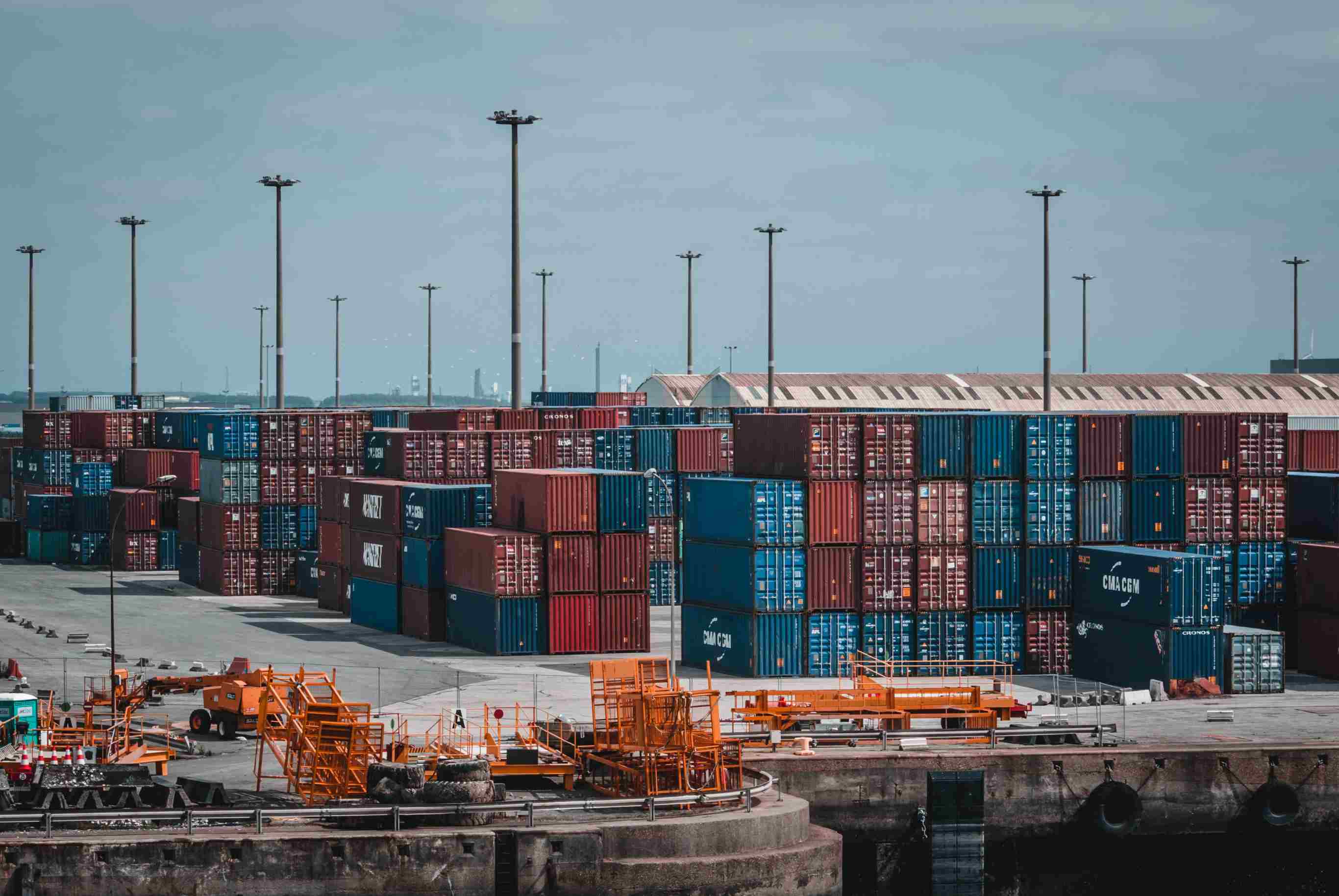
Future Trends in China Freight Shipping
The future of China freight shipping is poised for transformation, driven by technological innovations and sustainability imperatives.Digitalization and Technology
Adopting IoT (Internet of Things) solutions and blockchain applications promises enhanced transparency and efficiency in freight operations.IoT in Logistics: Utilizing IoT devices for real-time tracking of shipments and predictive maintenance of transportation assets.
Blockchain Applications: Implementing blockchain for secure and transparent documentation, streamlining supply chain processes.
Sustainable Shipping Practices
Embracing green initiatives and renewable energy sources will be central to the evolution of China's freight shipping industry.Green Initiatives: Investing in eco-friendly vessels, reducing carbon footprints, and promoting recycling practices.
Renewable Energy Adoption: Exploring alternative fuels and energy-efficient technologies to mitigate environmental impact.
Conclusion
China freight shipping is a dynamic sector vital to global commerce. By understanding its intricacies, businesses can navigate challenges, capitalize on emerging trends, and optimize supply chain efficiencies in an increasingly interconnected world.For reliable and efficient freight services in China, look no further than Haiyuan. As a top freight agent in China, Haiyuan specializes in providing seamless logistics solutions tailored to your needs. Whether you require air freight, sea freight, or land transportation, Haiyuan ensures timely deliveries and cost-effective solutions.
Contact Haiyuan today to streamline your shipping operations and experience world-class logistics services!

